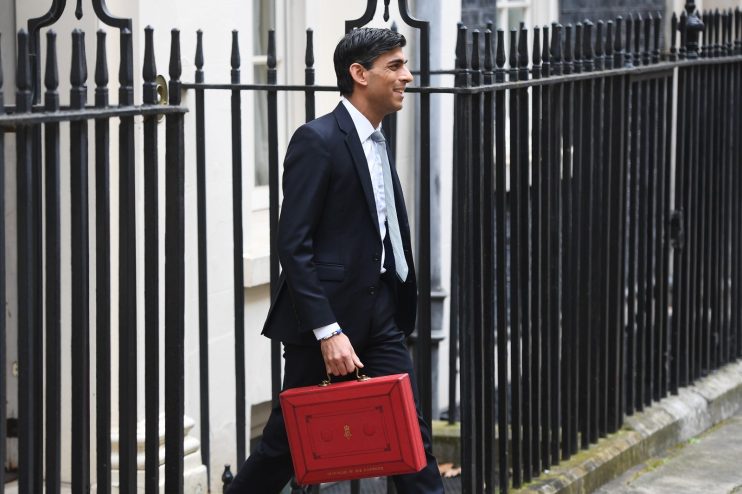Rishi Sunak’s spending review: Three things to look out for

Chancellor Rishi Sunak is no stranger to the House of Commons despatch box, having delivered numerous mini-budgets since March.
But tomorrow he will lay out comprehensive spending plans for the 2021-22 financial year in one of his biggest announcements yet.
Although it will not cover a three-year period, as originally planned, it will show the government’s priorities as the economy recovers from the coronavirus pandemic.
Here are three things to look out for.
Brutal economic forecasts
The UK’s budget watchdog will lay out in stark terms the economic damage coronavirus has wrought on the country’s economy.
It is expected to say that the economy will end up shrinking around 10 per cent this year. That would be the biggest contraction in around 300 years.
And the public spending totals will be unprecedented. The government will have borrowed between £350bn and £400bn by the end of the year, the Office for Budget Responsibility (OBR) is expected to say.
However, the OBR’s new forecasts are likely to in fact be more positive than the rough estimates it made in the summer.
Nonetheless, the new figures will be brutal, and will give the OBR’s best guess on what the crisis will do to the economy in the longer run.
Levelling up
One of Boris Johnson’s pre-Covid commitments was to “level up” spending across the country. To this end, former chancellor Sajid Javid already hiked the government’s capital spending plans in September.
The spending review will show how the government intends to spend this extra money. It will also show whether the Treasury plans to increase or decrease infrastructure spending.
A key focus of Sunak’s is likely to be the so-called green book which determines which projects the government should invest in. It has historically been skewed towards London and the south east, which we can expect to change.
Has austerity ended?
Johnson’s government also pledged to end austerity. Yet with public borrowing soaring, Sunak is under pressure to show that he will tackle the rising levels of debt. The spending review will give an indication of Sunak’s priorities.
The Institute for Fiscal Studies think tank said the key test will be whether Sunak is more or less generous than he said he would be in March, when he announced the largest sustained fiscal boost in nearly 30 years.
Johnson has already pledged a spending boost for hospitals, schools and defence. Therefore any savings would have to be made elsewhere.
We are likely to see a non-NHS public sector pay cap, and perhaps other measures. Sunak will have to give rough estimates of public spending to the OBR, indicating the vague outline of his plans.